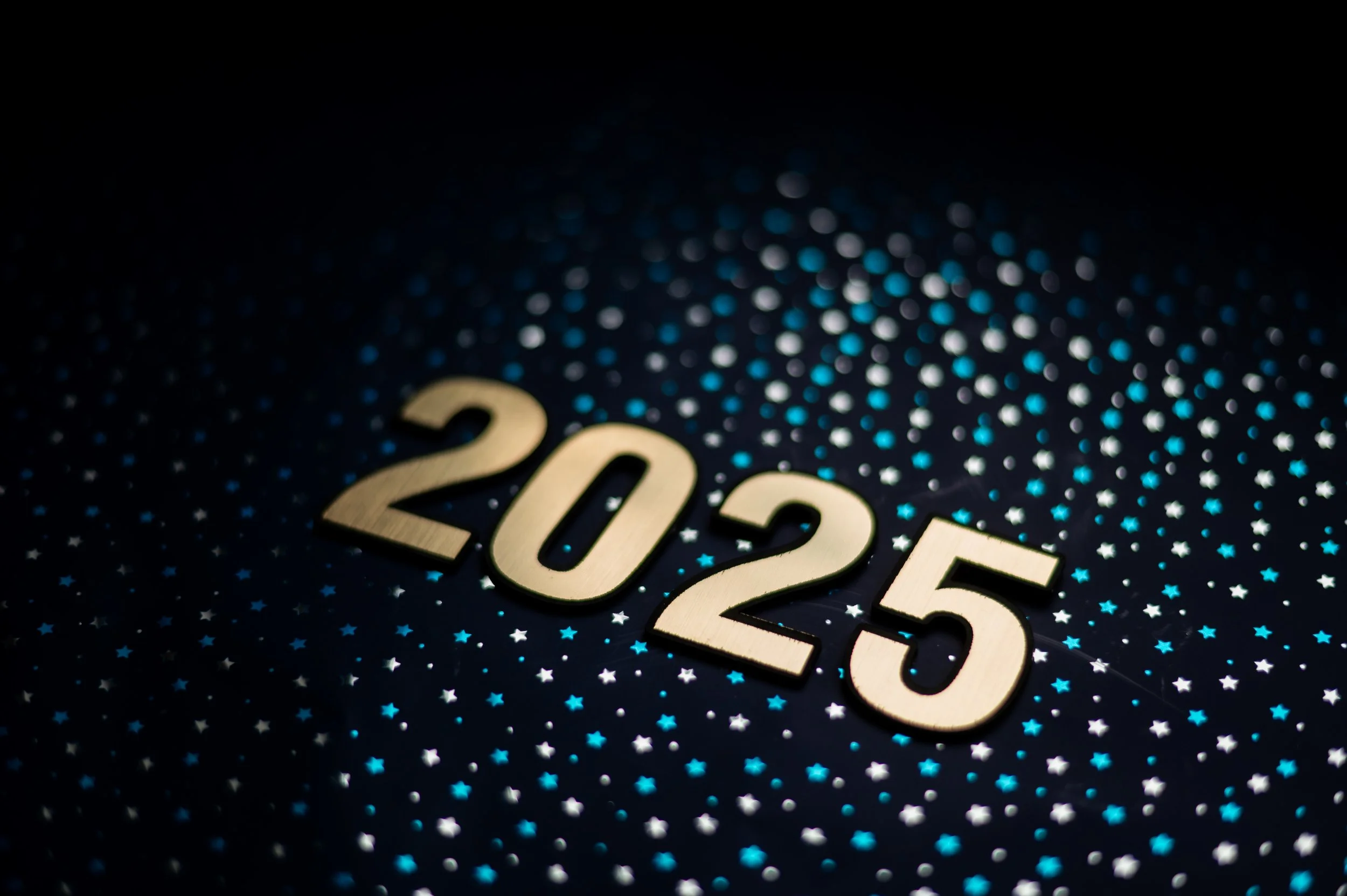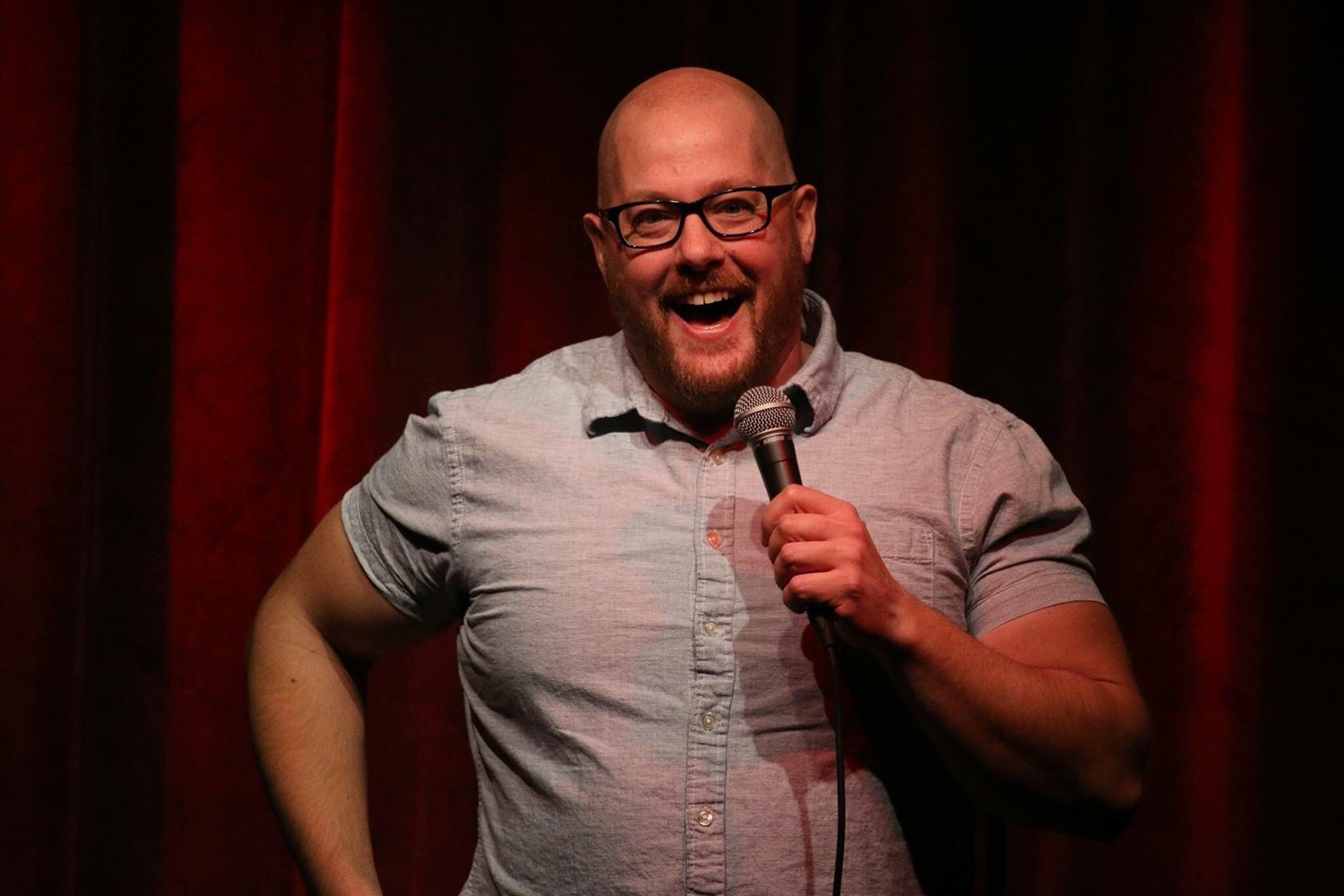Ed’s Topics
The VeraSage Symposium and Art of Value Conference
We are excited to announce the Art of Value Conference and VeraSage Symposium being held in Allen, Texas on November 8-12, 2017. You can attend one or the other, or both. Find out more about these two events, the agendas, and register.
Marketing to confuse the competition
Article by Rory Sutherland in Ranconteur, May 25, 2017. Listen to his appearance on The Soul of Enterprise.
Uses the 1980 movie Airplane! as an analogy. Most businesses are run like air traffic control: there’s rules, routines, regulations, standards, metrics, targets; optimize, copy, repeat.
Other parts of a business don’t work this way: marketing is one of them. It can never be standardized. Truly efficient marketing is not marketing at all, it’s merely noise.
Remember, a flower is a weed with a marketing budget
EasyJet’s and British Airways’ approach to safety are similar, but the marketing of their brands are diametrically different.
Rory Sutherland
Grand strategist Edward Luttwak argues against obsession with efficiency.
Strategy demands doing the least efficient thing possible to gain the upper hand over your enemy by confusing them.
In our aspergic age, it’s easier to get fired for being illogical than for being unimaginative. By dressing marketing up as a science, your protected from the CFO, but you’re using statistics as a drunk uses a lamp post: for support, rather than illumination.
Competition or anti-competition
Amazon’s patent that blocks shopping bots while in store.
Amazon Prime exclusive show: The Man in the High Castle was discussed. First two seasons are out, and the show is just excellent!
Say what!
A new phrase for our lexicon: Stylized fact: “A simplified presentation of an empirical finding.”
Russ Roberts’ podcast, Econtalk, on emergent order from June 12, 2017 is excellent. Russ has written a poem, It’s A Wonderful Loaf.
Here’s the money quote from the show, from economist Michael Munger
Fundamental insight: If you and I disagree about the value of something, we can probably agree on a price. So all prices that are agreed on probably result from a disagreement about value.
Prices reconcile disagreements on value.
Ron’s Topics
“Rules of the road,” The Economist, May 6, 2017
In 2008, an unemployed Los Angeles chef, Roy Choi, started a business, which led to a reality TV show, a hit movie (Chef), and jump-started a $1.2B industry: Food trucks.
Portland, Oregon has had them for decades, over 500. But Chicago, with over 7,000 restaurants and 144 breweries, has only 70 food trucks. The regulations in Chicago are onerous:
Food trucks can’t be within 200 feet of an eatery
They can’t park for longer than two hours
They are required to carry GPS or face heavy fines
New York and Boston are little better, with a 15-year waiting list to get a license, or $25,000 to rent one on the black market.
One of trucks in Portland’s is named: Kim Jong Grillin’.
Brick and mortar - Amazon
“Amazon Just Invented the Bookstore,” Foundation for Economic Education, M.G. Siegler, June 8, 2017
Amazon Books, opened in New York City and looks like a Borders.
The pricing is innovative: you pay the online price if you’re an Amazon Prime member, or the jacket price if you’re not.
More on the suckiness of Performance Reviews
“Performance Reviews Suck, Here’s What We Do Instead,” Matt Rissell, Forbes, May 26, 2017
The co-founder and CEO of TSheets, Matt Rissell, wrote:
Your typical performance review is an inaccurate representation of how your employees are performing, and more often than not, they're a giant waste of time for you and your team. Let's call them what they really are: a massive distraction and worst of all, a demotivator.
It surveyed employees and found they hated annual performance appraisals, rankings, but wanted more feedback. Here’s what they do instead
Hold consistent one-on-ones with your employees
Ask employees how they think they’re doing
Make it go both ways (how you doing as a leader)
Don’t tie feedback to compensation
Encourage employees to be proactive
I would only add that the first paragraph above also applies to keeping timesheets in professional firms.
The Adaptive Capacity Model for Supermarkets
“Surge pricing comes to the supermarket,” Tim Adams, The Guardian, June 4, 2017
In 1861 Philadelphia shopkeeper John Wanamaker introduced price tags, with the slogan, “If everyone was equal before God, then everyone would be equal before price.”
Before this, haggling was common. The fixed price changed the relationship (business model) between the store and the customer and led to price wars, loss leaders, promotions, etc.
It’s said that Facebook has over 100 data points on every user. Orbitz was charging Mac users 20-30% more to book a trip, and Uber allegedly looks at a user’s battery life to help determine price.
French, German, and Scandinavia retailers are changing prices 90,000 times per day.
Dynamic pricing in Britain, at Spar stores, for bread created a 2.5% uplift to profit, while waste dropped 30%.
This puts under threat Oscar Wilde’s famous quip: The cynic knows the price of everything, and the value of nothing.
Today, the price may be changing. Pricing the customer continues.

















